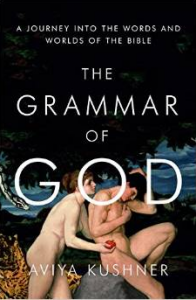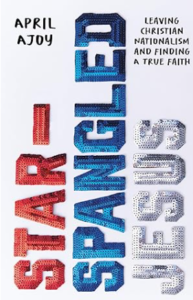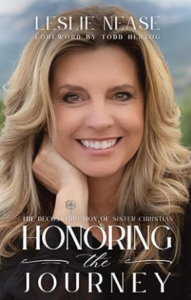What happens when a 20 year minister in the Christian faith has to teach a Religions 101 (Religions of the World) class at a small liberal arts college? That’s the story of Barbara Brown Taylor in her book Holy Envy: Finding God in the Faith of Others.
“(This) is my story,” she writes, “but it is also the story of a generation of young Americans who are growing up with more religious diversity than their parents or grandparents did and who are still trying to decide whether this is a good thing or a bad thing. The Christians among them can sense the anxiety in their churches, where changing the music and hiring more millennial pastors have not brought the young people back. Will the Christianity they know best survive, or is it dying of old age? Is the Holy Spirit at work in what is going on, or is a more sinister spirit at work?”
So what to make of other faiths? Unexpectedly Taylor finds value in visits with her class to a variety of non-Christian communities. “When we went to the mosque on (a) field trip,” she tells in one story, “the imam spoke to us ahead of time, and what he told us is my holy envy. He told us how he doesn’t wish to convert us to Islam. He just wants us to be the best people we can be, regardless of religion. This was the most beautiful thing I have ever heard, and it’s my holy envy because I wish Christianity was this way.”
The book is filled with surprises the author discovers while exploring other faiths with her students. Traditional Christianity places great emphasis on proper belief like the Nicene Creed – believe the creed and you are a part of the “in” group. But Taylor finds that other faiths are not oriented by right belief. “Jewish identity hinges on how one lives, not what one thinks,” she says. “When I first started looking for the Jewish equivalent to the Nicene Creed (one of the earliest statements of Christian belief), I learned that there is no mandatory set of beliefs for Jews.”
In the end Taylor doesn’t reject her Christianity, but views her faith through different eyes. She comes to the realization that God just might be working in other faiths, too. She writes of her students (and herself) “They are still trying to get their heads around the fact that God may speak more languages than they ever thought, to far more people than they thought, using different methods than they thought.”
When I had more conservative Christian beliefs one of my favorite books was C.S. Lewis’ “Mere Christianity”. I still value and remember much of what Lewis wrote in that book, including this passage: “If you are a Christian you do not have to believe that all the other religions are simply wrong all through… If you are a Christian, you are free to think that all these religions, even the queerest ones, contain at least some hint of the truth.” Billy Graham, in his later days, also had a much broader view of God working in other faiths, as he relates in this interview with Robert Schuller.
Maybe, just maybe, CS Lewis, Billy Graham, and Barbara Brown Taylor are on to something – that the way God works in the world is bigger and more mysterious than we can grasp. While this talk of God working in other religions will undoubtedly make fundamentalist Christians uncomfortable, Taylor advises, “God cares more about your transformation than your comfort.”




